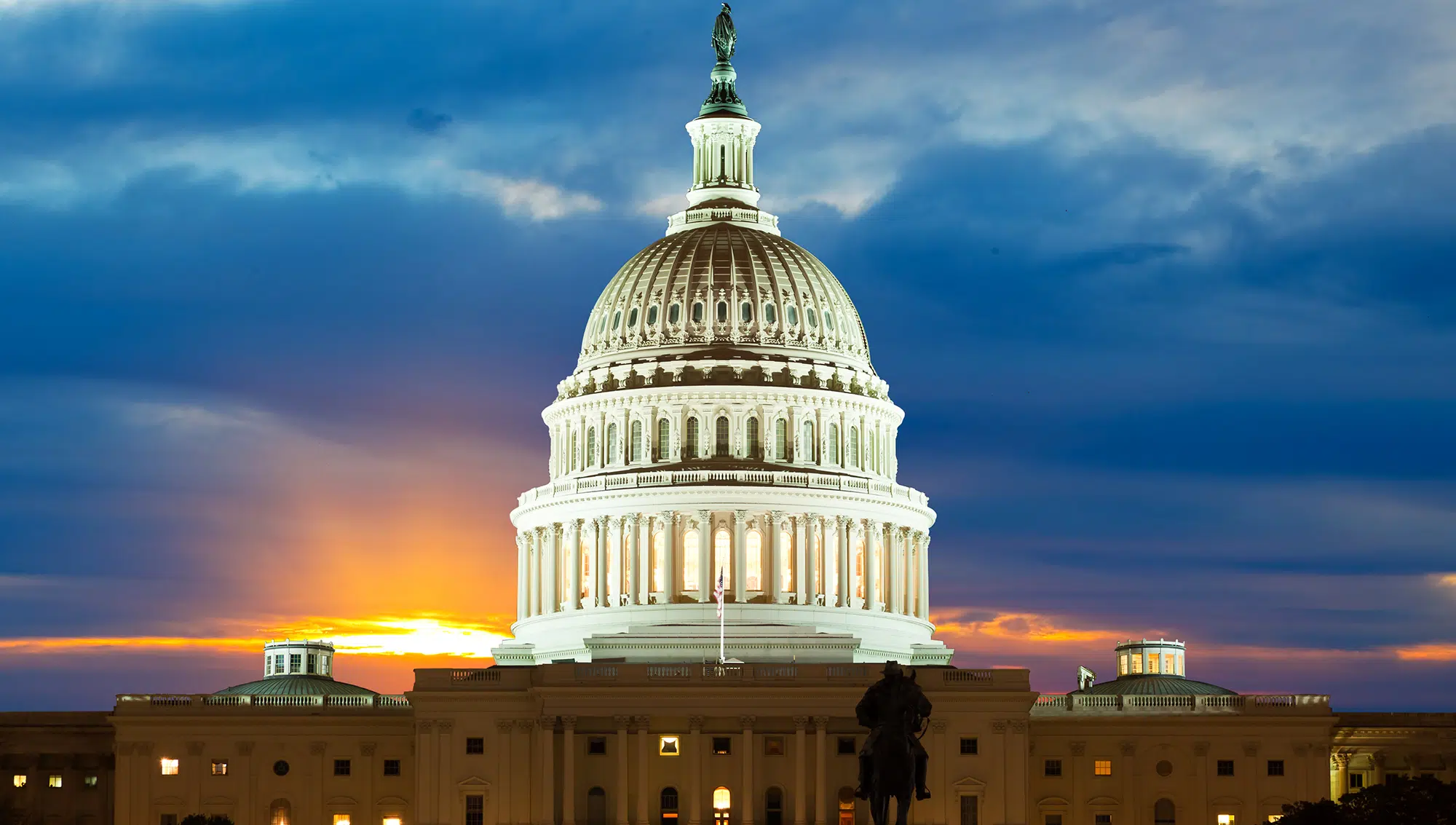In his latest column, John Fund, a national affairs columnist for National Review and former member of the Wall Street Journal editorial board, calls right to repair protections in the auto industry a “win for consumer freedom,” noting that both parties can find common ground in supporting the issue.
Read the full piece (“Right to Repair: A Consumer Movement That Left and Right Should Agree On”) here:
There’s an old saying that a stopped clock is right twice a day. We shouldn’t be shocked, then, that President Biden and Senator Bernie Sanders are correct in part of their economic analysis of consumer rights. That’s an area where conservatives could benefit people in their daily lives as well as win over independent voters.
Last July, Biden signed an executive order designed to promote competition. The order is highly flawed in its failure to see how the use of big government to curb monopolies often makes big business bigger. It is way too reliant on discredited notions of antitrust to break up Big Tech, finance, agriculture, and health-care companies.
But there are several areas where Biden struck a blow for consumer freedom. He directed that hearing aids can now be sold over the counter, offsetting other federal regulations that make them more expensive than they need be. He also directed the Federal Trade Commission to restrict government-mandated occupational licensing. That barrier now limits entry into one out of five jobs in the country, and some rules often shut out new entries in fields ranging from hair-braiding to plumbing and contracting. Overall, Biden’s call for more access to generic drugs is also a positive.
Another win for consumer freedom is contained in Biden’s call for regulations to prohibit manufacturers from banning the repair of equipment and devices by their owners and independent repair shops. “Right to repair” laws that make repairs on items from cars to smartphones faster and easier are growing at the state level. Biden’s effort would supplement those moves.
The basic principle behind the right to repair is that when you buy a product you become its sole owner. Manufacturers shouldn’t be able to, for example, remotely lock you out of your own property for having “unauthorized” repairs made on it. Only five years ago Microsoft was still applying “warranty void” over its Xbox One game-console stickers that stated that the warranty “does not apply” if the Xbox was opened or is “repaired by anyone other than Microsoft.” The stickers were there even though the practice has been illegal in the U.S. since 1975.
A few years ago, Toshiba used copyright law to force a blogger to take down copies of its laptop-repair manuals, citing “safety reasons.” The blogger won after shaming the company through publicizing just how many of its competitors provided downloadable service manuals for free on their websites. Even Apple, which is notorious for jealously guarding its intellectual property, is now providing parts and training to third-party repair shops.
The Federal Trade Commission has identified several types of repair restrictions — including software locks, end-user licensing agreements, and limiting the availability of parts — that restrict consumer choice.
Perhaps the biggest problem is with motor vehicles, whose basic replacement parts such as headlamps, bumpers, and grilles often cost hundreds of dollars more when purchased from an automaker rather than an independent manufacturer. In addition, some tech companies are trying to do with cars what they did to smartphones: tying their exclusive operating systems to specific products to force out competitors.
In a small victory for consumer freedom, a bipartisan group of House members led by Darrell Issa (R., Calif.) have introduced the Save Money on Auto Repair Transportation (SMART) Act. It would limit the time that auto makers can block alternative parts suppliers and enforce design patents on collision-repair parts.
The right-to-repair movement has the potential to touch consumers of dozens of products. In some cases, manufacturers have limited access to everything from cellphones to military gear to refrigerators to hospital ventilators.
During his 2020 presidential campaign, Bernie Sanders made a point of appealing to rural voters by complaining that “farmers can’t even repair their own tractors or other equipment because of the greed of companies like John Deere.” Sanders had a point. In some rural areas, farmers do have to wait days for a factory technician to show up, even if he ends up just pushing simple software-restricted buttons to fix a problem.
The battle over the right to repair represents a clear dividing line between supporters of certain business interests and backers of a free market. As Adam Smith reminded us in The Wealth of Nations, business owners are often eager to find ways to maintain or expand profit margins by enlisting the government to enforce anticompetitive practices.
Supporters of limited government must remember that support for a free economy can be sustained only if consumers feel they are being treated fairly and have real ownership of the things they buy. Otherwise, they will demand government regulation, which is often heavy-handed. Responsible regulation such as “right to repair” can enhance consumer choice while at the same time people are educated in just how vast are the benefits of allowing innovation and freedom in the economy.

